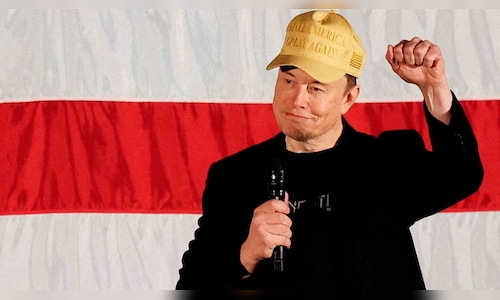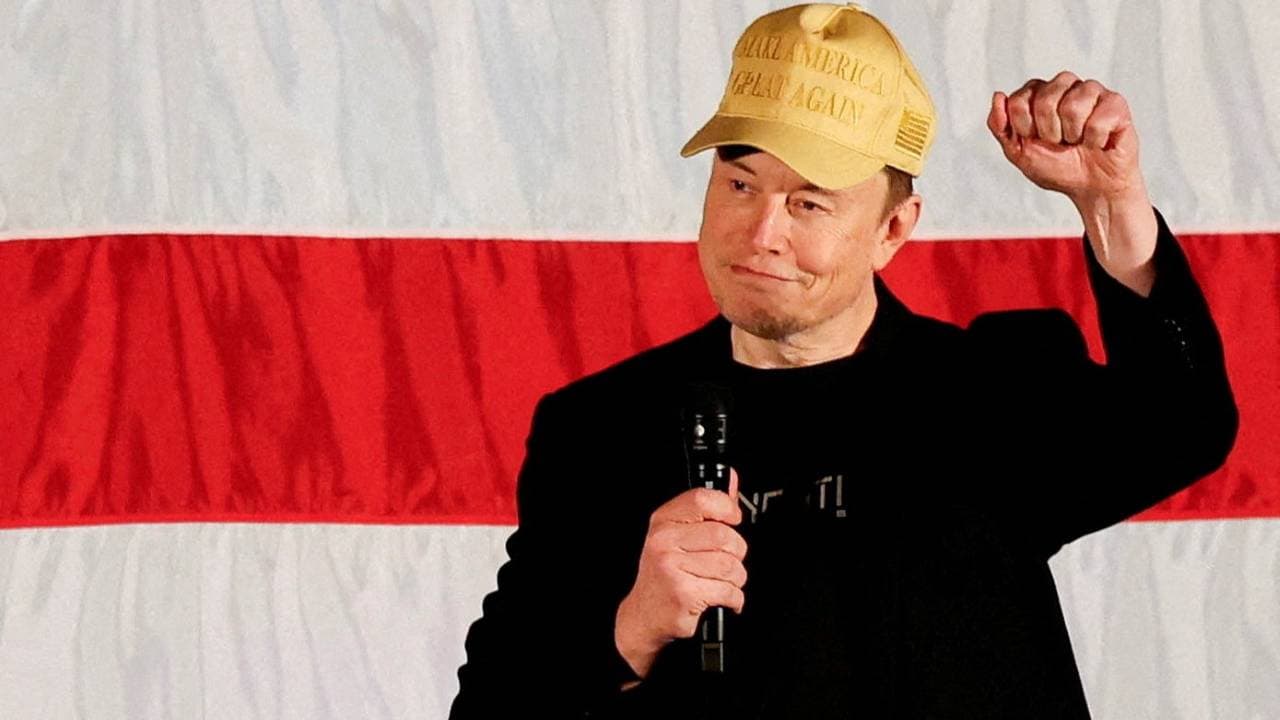

In the commentary, published in German by the flagship paper of the Axel Springer media group, Musk expanded on his post on social media platform X last week claiming that “only the AfD can save Germany.”
“The portrayal of the AfD as right-wing extremist is clearly false, considering that Alice Weidel, the party’s leader, has a same-sex partner from Sri Lanka! Does that sound like Hitler to you? Please!” Musk said in the piece.
Germany’s domestic intelligence agency has classified the AfD at the national level as a suspected extremism case since 2021.
Shortly after the piece was published online, the editor of the opinion section, Eva Marie Kogel, wrote on X that she had submitted her resignation, with a link to the commentary.
“Democracy and journalism thrive on freedom of expression. This includes dealing with polarising positions and classifying them journalistically,” the newspaper’s editor-in-chief designate Jan Philipp Burgard and Ulf Poschardt, who takes over as publisher on January 1, told Reuters.
They said discussion about Musk’s piece, which had around 340 comments several hours after it was published, was “very revealing.”
Underneath Musk’s commentary, the newspaper published a response by Burgard.
“Musk’s diagnosis is correct, but his therapeutic approach, that only the AfD can save Germany, is fatally false,” he wrote, referencing the AfD’s desire to leave the European Union and seek rapprochement with Russia as well as appease China.
The AfD backing from Musk, who also defended his right to weigh in on German politics due to his “significant investments,” comes as Germans are set to vote on February 23 after a coalition government led by Chancellor Olaf Scholz collapsed.
The AfD is running second in opinion polls and might be able to thwart either a centre-right or centre-left majority, but Germany’s mainstream, more centrist parties have pledged to shun any support from the AfD at national level.



